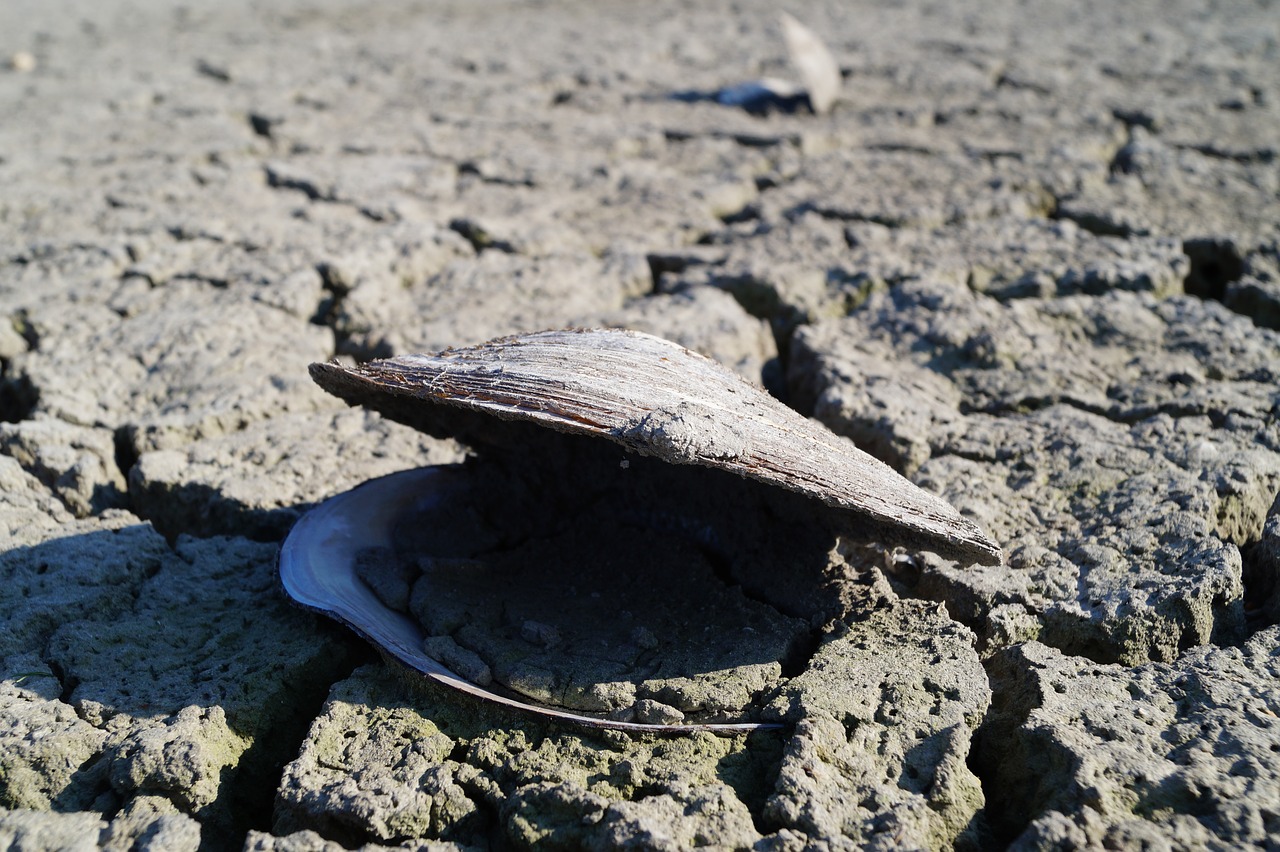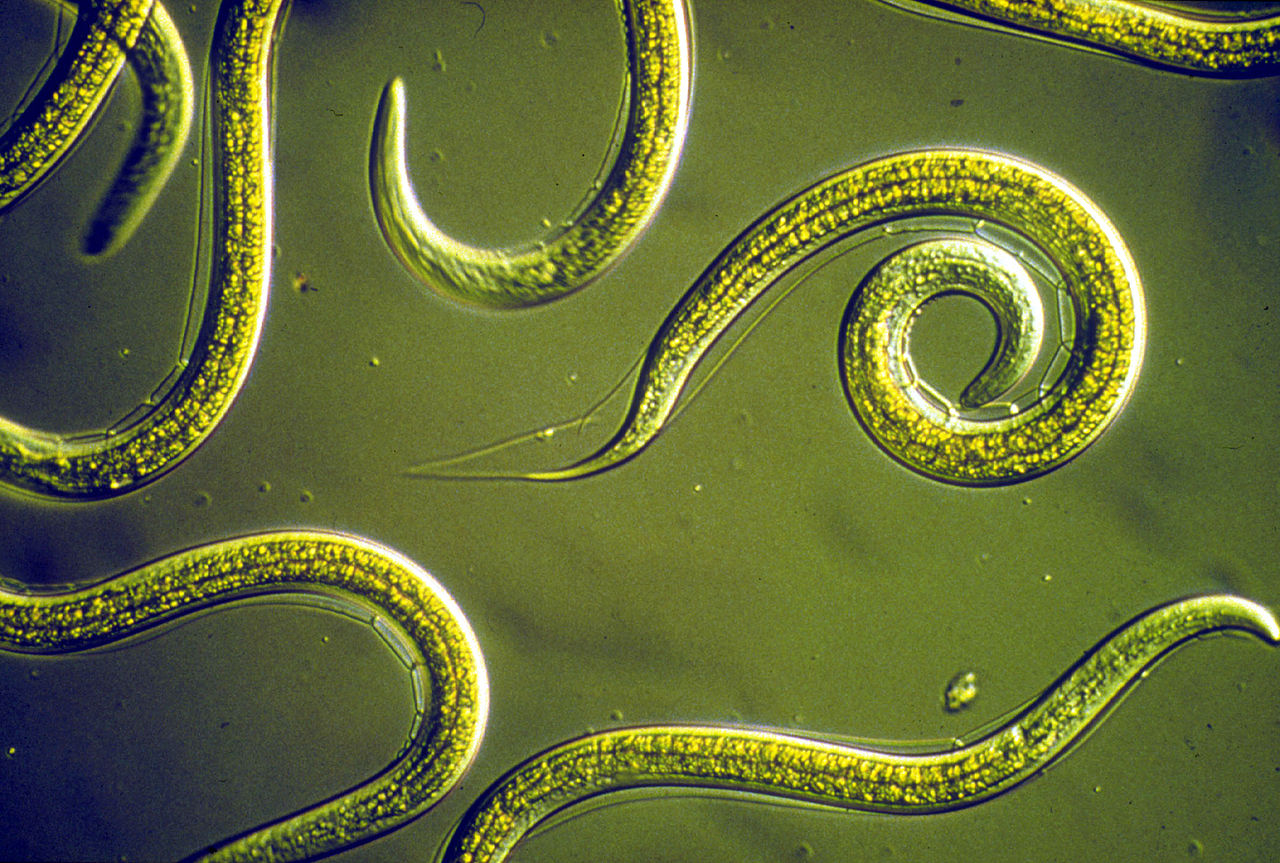
Rural Women Have Resilience to Cope With Climate Risks: Study
- News
- 2K
Climate change impacts are being felt in many parts of the country, as manifested in erratic rainfall, extreme weather events and changes in cropping patterns. Adapting to these changes at the farm and household levels is critical. A new study says women, particularly in marginalized communities, possess the necessary knowledge to cope with climate risks.
The study assessed the role of individual women in coping with climatic risks, particularly in managing agriculture, energy, and nutrition in flood and drought-prone paddy growing region of eastern India. It was found that women’s participation and involvement is much higher in managing nursery as well as in other farm-related functions like transplanting and weeding. Women resort to exchange of knowledge and resources at their level to face exigencies of climatic variation, given the absence of timely governmental interventions.
For instance, women use creative ways to manage food and nutrition security in their households in lean months. Many of them plant cucurbits like bottle gourd, pumpkin, satputia (a small cultivar of ridge gourd) and okra in their homesteads, catering to vegetable needs of the family since these are costlier in summer. A few women ensured food security by processing fruits and vegetables and storing them for consumption later. They harvest weeds and segregate them for consumption by human and some for cattle, while non-edible ones are composted.
Women in high-risk zones, especially arid and semi-arid zones choose leaves and stem of many plants available throughout the year for food. “This becomes an important coping strategy to fight food shortage or famine. Many of these plants have been used in traditional medicine systems for their therapeutic effects,” the study says. Researchers have documented such weeds used in three villages in the study area. Their expertise and knowledge about non-agricultural food sources help in dealing with food and nutrition availability resulting due to fluctuating climate, the study says.
“In a situation when not many technological alternatives are available and climate risks have to be coped with, there are ways in which individual women find creative ways by managing resource exchange and pooling, overcoming class and cultural boundaries,” explained Dr Anil Gupta of Indian Institute of Management Ahmedabad, who conducted the study along with Anamika Dey and Gurdeep Singh of Indian Institute of Technology, Dhanbad.
The research is part of a long-term study on loss of agrobiodiversity underway in three villages (Isoulibhari, Shivnathpur, and Kharella) in Faizabad district in eastern Uttar Pradesh. The villages, located in floodplains of the Sarayu River, are flood prone and mostly follow rain-fed rice-wheat cropping system. The region is facing vagaries of climate change. Data of the past 25 years obtained from Narendra Deva University of Agriculture and Technology showed high fluctuation in onset and withdrawal of monsoon, a number of rainfall days, total rainfall received an average rainfall received per number of days.
“We found that knowledge networks of women contribute immensely to tide over the adverse effect of the risk episodes. But these informal channels of dissemination of the knowledge are often not recorded in formal scientific discourses,” Dr. Gupta told India Science Wire.
Instead of ignoring the role of such informal networks, they can be used as channels for targeting climate adaptation policies and programmes, the study has suggested. If women groups become focal points of knowledge and resource dissemination in situations like crop failure due to flood or drought, there are fair chances that they will share these more openly. In addition, weather information needs to be provided according to local calendars, which are different from the Gregorian calendars, the study has suggested. The study has been published in journal World Development. (India Science Wire)
For the latest tech news and conversations, follow Research Stash on Twitter, Facebook, and subscribe to our YouTube channel.


